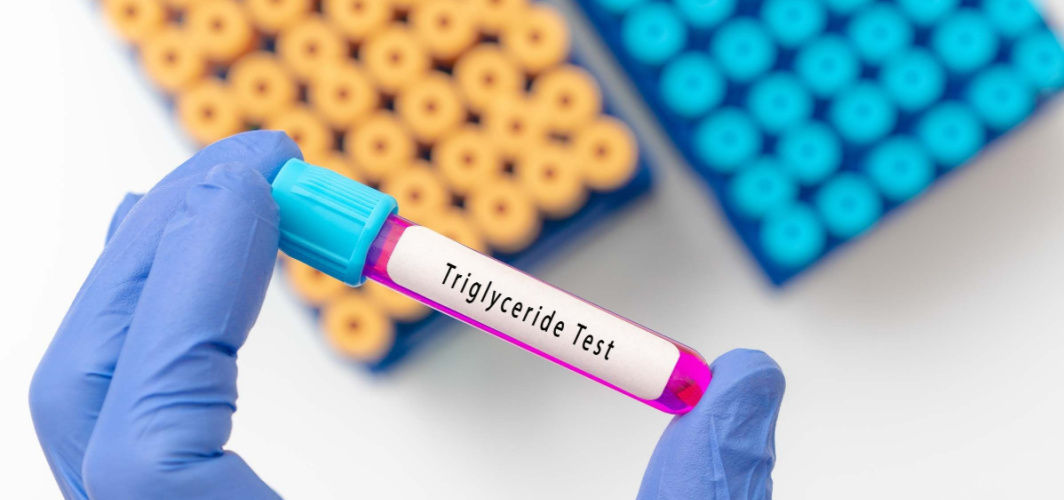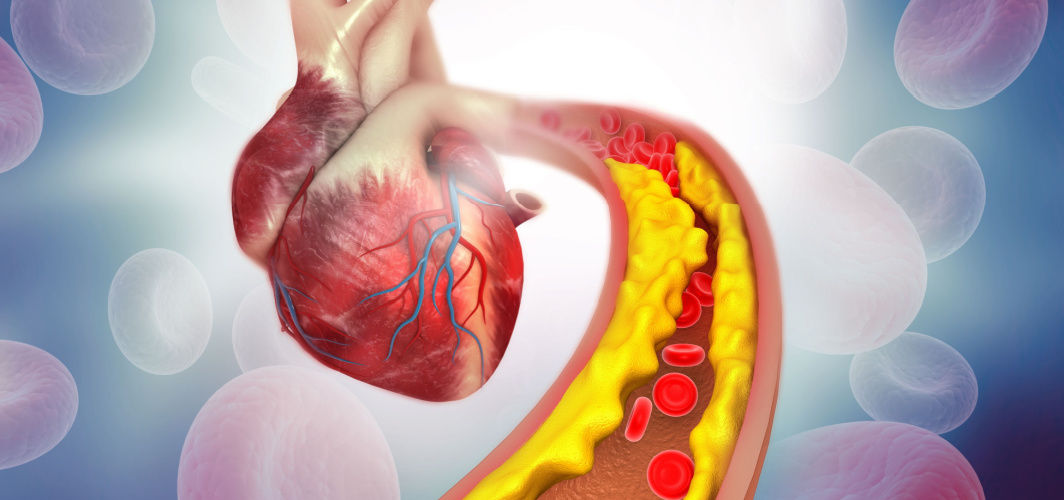Heart Conditions
Labile Hypertension: Everything You Need to Know
4 min read
By Apollo 24/7, Published on - 25 February 2021, Updated on - 07 February 2023
Share this article
0
11 likes

Blood pressure is the amount of pressure exerted by the blood on the walls of the blood vessels when flowing through them. As per the World Health Organization (WHO), the normal blood pressure is 120/80 mm Hg, and it rises and falls several times in a single day.
Fluctuations in blood pressure can be seen due to physical activity, emotional events, body posture, high salt diet, excessive alcohol consumption and sleep deprivation. However, if the blood pressure fluctuates regularly and far more than usual, it may be an indication of labile hypertension. Due to the lack of enough studies on this topic, there is no clear definition or standard criteria to determine the range of abnormal fluctuations.
What are the signs of labile hypertension?
There are no definite signs of labile hypertension as people may or may not show symptoms. The symptoms associated with labile hypertension include:
- Higher than normal blood pressure (more than 120/80 mm Hg)
- Headache
- Extremely fast heartbeat (palpitations)
- Ringing in the ears (tinnitus)
- Hot feeling on the face (facial flushing)
Who is at increased risk of labile hypertension?
Anyone can experience labile hypertension as the blood pressure spikes in response to stressful events, such as an accident, physical exertion or minutes before an interview. However, some people are at increased risk of experiencing labile hypertension, these include:
- People developing hypertension at or after the age of 40 years
- People with a family history of hypertension
- Overweight people
- People who consume too much sodium (present in salt and processed foods)
- People who consume excessive alcohol
What causes labile hypertension?
The causes of labile hypertension include:
- Pain killers, nonsteroidal anti-inflammatory drugs (NSAIDs) such as ibuprofen, naproxen, and celecoxib
- Drugs used to treat mental disorders such as amphetamines and clozapine
- Oral contraceptives (especially the ones based on estrogen)
- Consumption of too much caffeine
- Stress and anxiety
- Hyperthyroidism (high levels of thyroid hormones)
- Seizure disorder
- Migraine
- Alcohol withdrawal
Is labile hypertension a sign of an underlying disease?
Some medical conditions may trigger labile hypertension, such as:
- Carcinoid syndrome (variety of symptoms caused by carcinoid tumour)
- Panic disorder
- Baroreflex failure
- Sleep apnoea
- Kidney disease
- Cardiovascular disease
- Damaged adrenal gland
What is the difference between labile hypertension and paroxysmal hypertension?
Paroxysmal hypertension is one other type of hypertension marked with fluctuation in the blood pressure between normal and high levels. While it may seem similar to labile hypertension, both of these are different from each other. The differences include:
- While labile hypertension can occur due to a stressful event, drugs or medical conditions, the reason for paroxysmal hypertension is unknown. In less than 2% of cases, the reason for paroxysmal hypertension is pheochromocytoma, a tumour of the adrenal gland.
- A person with labile hypertension may or may not experience any symptoms, but paroxysmal hypertension causes symptoms such as headache, breathlessness, panic attacks, generalised weakness, and excessive sweating.
How is labile hypertension diagnosed?
To diagnose labile hypertension, the blood pressure of the affected person is monitored using an ambulatory blood pressure monitor. This device is worn by the person on their arm for 24 hours, the machine measures the blood pressure every 15 to 30 minutes during the day and every 30 to 60 minutes at night. The readings of the entire day would allow the doctor to identify the reason for the blood pressure spikes.
Recommended Read: Why You Should Regularly Check Your Blood Pressure at Home
What can be done to manage labile hypertension?
Since there are no specific criteria for managing labile hypertension, the management of the condition would be done based on the underlying cause:
- People with anxiety can practise meditation, yoga or any other relaxation and breathing techniques. In case of severe anxiety, doctors may prescribe anti-anxiety medications
- Reduced consumption of caffeinated beverages to maintain their blood pressure
- Anti-thyroid medications can be prescribed to people with hyperthyroidism
- People with fluctuation in blood pressure due to medications can be prescribed other classes of drugs
High-risk groups must reduce their consumption of processed foods and take up moderate-intensity exercise (brisk walking, cycling or swimming) for at least 30 minutes every day to reduce their risk of developing labile hypertension.
Takeaway
High blood pressure or hypertension is a major contributor to various cardiovascular diseases including heart failure and stroke. A 20-year biennial follow-up study of Framingham including more than 5000 participants concluded that labile hypertension is an exaggerated response of the body to a stressful situation and is considered a less threatening event occurring before fixed hypertension.
To evaluate the risk of the potential damage that can be caused by high blood pressure, it is necessary to assess the amount of spike, the number of cardiovascular risks (diabetes, smoking, high cholesterol and others) present in the person and if any specific organ is getting damaged due to the spike. It is important to get an accurate diagnosis and proper treatment early enough to prevent any major damage.
For any questions relating to heart health including labile hypertension, you can:
Heart Conditions
Leave Comment
Recommended for you

Heart Conditions
What Does Climbing the Stairs Tell about Your Heart Health?
Recent studies say that climbing 60 steps in one minute is a sign of good heart health. It was found that the longer time taken to ascend stairs corresponds with a higher risk of cardiac problems later.

Heart Conditions
7-Day Diet to Lower Triglycerides Naturally
Triglycerides are fat that the body stores and uses for energy. Elevated levels of triglycerides can increase the risk of various health problems. This comprehensive article provides insights into triglycerides, diet types, and a 7-day meal plan designed to promote overall health and well-being.

Heart Conditions
10 Effective Tips To Reduce Cholesterol
Discover 10 effective tips to lower cholesterol levels naturally. Follow this healthy advice to improve heart health and overall well-being.
Subscribe
Sign up for our free Health Library Daily Newsletter
Get doctor-approved health tips, news, and more.
Visual Stories

Lower Your Cholesterol Naturally with These 7 Foods
Tap to continue exploring
Recommended for you

Heart Conditions
What Does Climbing the Stairs Tell about Your Heart Health?
Recent studies say that climbing 60 steps in one minute is a sign of good heart health. It was found that the longer time taken to ascend stairs corresponds with a higher risk of cardiac problems later.

Heart Conditions
7-Day Diet to Lower Triglycerides Naturally
Triglycerides are fat that the body stores and uses for energy. Elevated levels of triglycerides can increase the risk of various health problems. This comprehensive article provides insights into triglycerides, diet types, and a 7-day meal plan designed to promote overall health and well-being.

Heart Conditions
10 Effective Tips To Reduce Cholesterol
Discover 10 effective tips to lower cholesterol levels naturally. Follow this healthy advice to improve heart health and overall well-being.